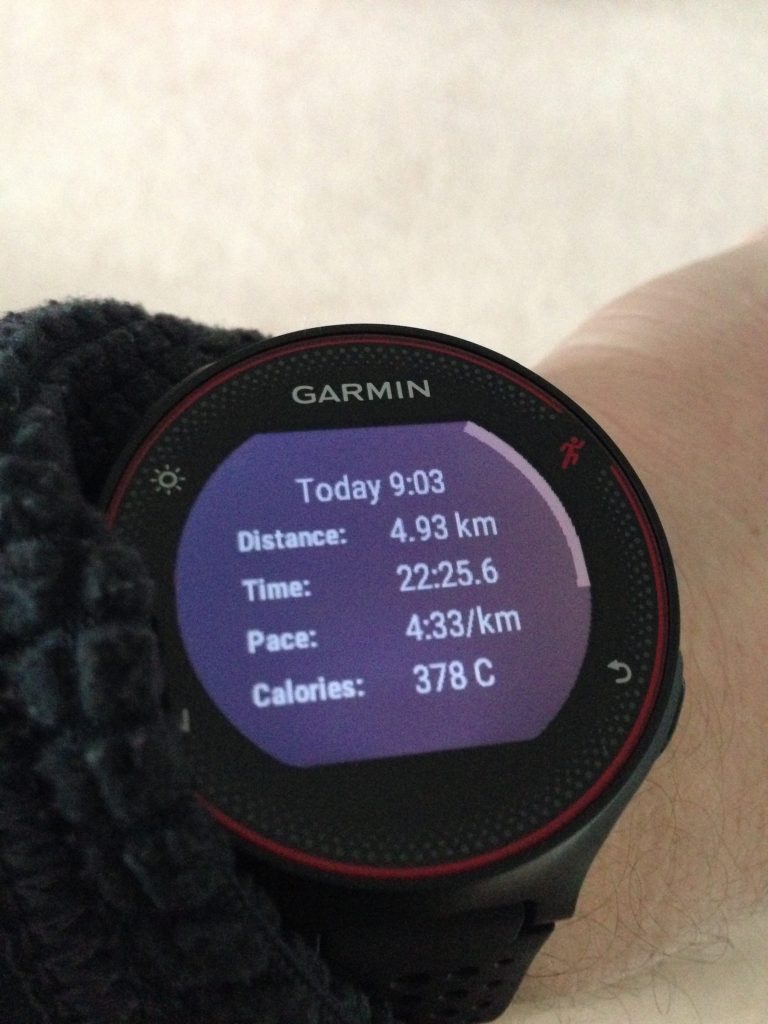Note – PB – (Personal Best) in the UK. Known as PR – (Personal Record) in the US
When you start running, every race results in a PB. A lot of the time it comes down to doing the distance for the first time. Then even some half-arsed training leads to good gains and huge chunks being slashed off your PB.
The PBs keep coming and coming and you feel great and progress is being made. Every time you step to the line, you feel you have a PB in you.
Then injury, illness, personal life, general life, complacency and even just slacking off come about, and the gains and PBs stop.
You miss a PB by a good couple of minutes and you tell yourself –
“I’m a 45 minute 10km runner! I must be able to run it or beat it every time”
That’s the PB trap. Every time you step out, it’s PB or bust. With bust comes doubt and suddenly races don’t have the allure they used to, and running seems somewhat harder than it used to.
How long does it take to lose fitness?
If you do go on holiday/get injured/fall ill and 2 weeks of inactivity turns into 4 and then 6. What does this mean for your fitness?
There’s the old adage that fitness is lost in a quarter of the time it takes to gain it. I think I was told this 20 years ago at school and it has stuck with me. I’m unable to confirm this and it seems not to be true.
A study by Madsen et al. in 1985 looked at the effect of a four-week break from training using a ride-to-exhaustion exercise on a stationary bike before and after the time off.
The study showed that four weeks of inactivity resulted in a 20% decrease of their VO2 max, (your body’s maximum capacity to take in, transport, and use oxygen during exercise)
Though the initial loss is quick, the losses do taper off and some portion of your fitness is retained. And the longer you’ve been training, the less pronounced the effects could be.
The hammer every run trap
Following some time off and when you’re aiming to regain your pace, there’s an inclination to go hard every run.
Personally, for me to be close to my half marathon PB, I need to run at an 8 minute/mile pace. Logic would tell me that if I run every session at this pace, I should get back to where I was quicker, and be able to replicate it come race day.
My Garmin that I got for Christmas is very useful for measuring and logging distance. But I’ve become obsessed with my minute per mile pace. I try and stick to a fast pace, as I think that is what I need to get a PB. I also have the tendency to blast the last kilometre as if I’m trying to out kick Mo Farah.
Easy runs
If you’re trying to run faster and score that PB, then easy runs are the solution.
Easy runs are key to aerobic development. They improve your capacity to transport and efficiently use available oxygen.
Running faster doesn’t actually develop your aerobic system more rapidly. It just stresses your muscles, tendons, and ligaments further.
My easy runs are not easy enough. Therefore my “hard” runs suffer, hindering my recovery and risking injury. Easy runs get easier the more you do them, and in turn, you get faster. They also act as active recovery from the hard sessions.
How easy is easy?
- You should finish your easy run as if you could run at least another mile or two.
- You are able to hold a conversation during your run.
- For easy runs, your heart rate should be around 70 to 75 percent of your maximum. This can be done on a Garmin, instead of looking at pace.
Reverse logic
The aerobic system is enormously important to distance running. Improving it will facilitate you to race faster as it makes up the majority of the energy (around 90% in fact) needed to race.
Mo Farah reportedly runs 80% of his 120 miles per week, at an easy pace. So maybe I should forget about trying to out sprint him at the end of my run and think about the conversation we would have at the start of it.




